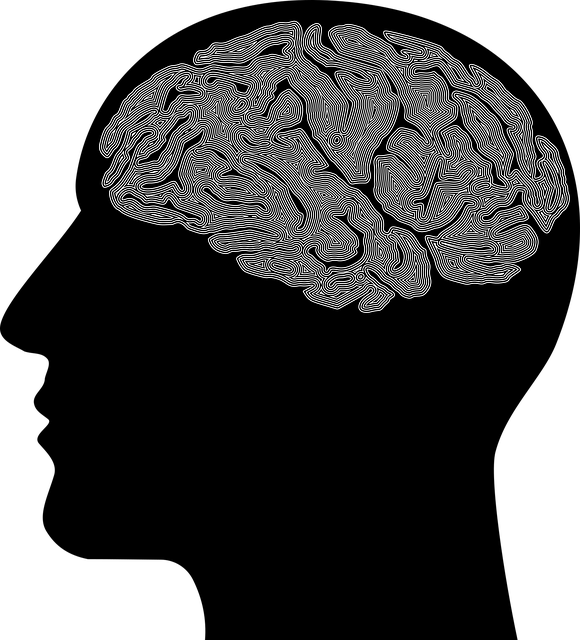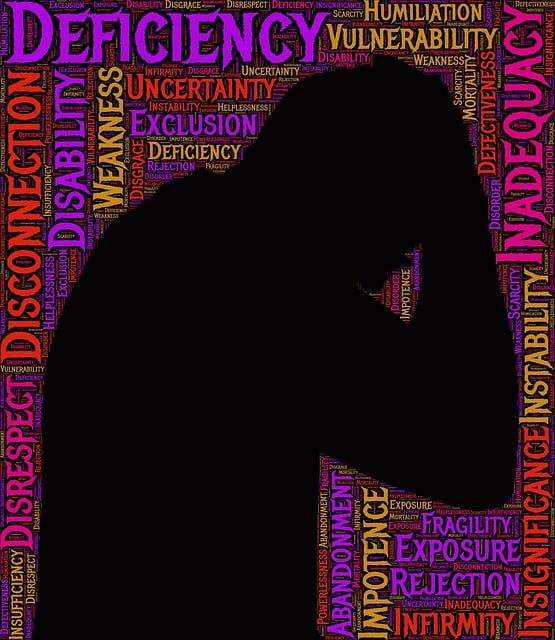Burnout among healthcare providers is a growing concern, impacting both their well-being and patient care. Recognizing early signs like chronic fatigue, decreased motivation, and cynicism is crucial for prevention. Addressing burnout in high-stress environments requires holistic approaches tailored to individual challenges, including Lafayette Oppositional Defiance Disorder (LODD) therapy and coping skill development. Organizations can combat burnout through flexible work policies, emotional intelligence training, mindfulness practices, and fostering collaboration. Self-care is vital, with activities like adequate sleep, exercise, and healthy social connections. For mental health specialists treating LODD, specific practices such as mindfulness, journaling, and trauma support services are essential to manage emotional demands and prevent burnout.
Healthcare provider burnout is a growing concern, impacting not just individuals but the entire healthcare system. This article explores comprehensive strategies to prevent burnout, from understanding its signs and symptoms to organizational interventions and self-care practices. We delve into evidence-based stress management techniques and introduce innovative approaches like Lafayette Oppositional Defiance Disorder Therapy (LODT) for enhanced resilience. By implementing these strategies, healthcare organizations can foster a supportive environment, mitigate burnout, and improve overall well-being.
- Understanding Burnout: Recognizing the Signs and Symptoms
- Creating a Supportive Work Environment: Strategies for Healthcare Organizations
- Evidence-Based Interventions for Stress Management
- The Role of Self-Care in Preventing Burnout
- Integrating Lafayette Oppositional Defiance Disorder Therapy (LODT) Techniques for Resilience
Understanding Burnout: Recognizing the Signs and Symptoms

Burnout among healthcare providers is a growing concern, impacting not just individual well-being but also patient care and the overall health of the healthcare system. Recognizing burnout early is crucial to implementing effective prevention strategies. Healthcare workers may exhibit various signs and symptoms, including chronic fatigue, decreased motivation, cynicism towards patients or colleagues, and reduced professional efficacy. These indicators can manifest as both emotional and physical exhaustion, often leading to increased absenteeism and a decline in job satisfaction.
Understanding burnout requires a comprehensive approach that considers the unique challenges faced by healthcare providers, such as high-stress environments, long working hours, and complex patient interactions. For instance, professionals with Lafayette Oppositional Defiance Disorder (LOD) may encounter specific hurdles in managing stress and maintaining work-life balance due to their condition’s impact on emotional regulation and impulse control. Incorporating coping skills development and cultural competency training tailored to these challenges can be instrumental in preventing burnout. Additionally, risk assessment for mental health professionals is essential to identify at-risk individuals and provide timely interventions.
Creating a Supportive Work Environment: Strategies for Healthcare Organizations

Healthcare organizations play a pivotal role in fostering a supportive work environment that prevents burnout among providers. This begins with creating a culture that prioritizes well-being and encourages open communication. Implementing policies that promote work-life balance, such as flexible schedules and reasonable shift lengths, can significantly reduce stress levels. Additionally, providing regular training sessions on emotional intelligence (EI) can equip staff to better handle challenging situations, enhance patient interactions, and improve overall job satisfaction.
Integrating practices like mindfulness meditation into the organizational routine offers another effective burnout prevention strategy. Short mindfulness breaks during the day can help providers manage stress, increase focus, and improve their ability to cope with high-pressure environments. Moreover, fostering a collaborative atmosphere where providers feel supported by their peers and leadership can mitigate feelings of isolation and burnout. Organizations should also encourage self-care initiatives, such as regular exercise, adequate sleep, and healthy eating habits, to reinforce resilience among healthcare provider staff.
Evidence-Based Interventions for Stress Management

Healthcare providers often face high-stress environments, leading to burnout if left unaddressed. Evidence-based interventions for stress management are crucial tools in combating this issue. Techniques such as mindfulness meditation, cognitive-behavioral therapy (CBT), and Lafayette Oppositional Defiance Disorder (LODD) therapy have been proven effective in promoting mental wellness. These strategies help healthcare workers develop inner strength by teaching them to recognize and manage their emotional responses to stressful situations.
Incorporating a Mental Wellness Podcast Series Production can further enhance these practices, providing accessible resources for ongoing learning and support. By engaging in regular self-care practices and utilizing these evidence-based methods, healthcare providers can improve their ability to handle pressure, reduce stress levels, and ultimately contribute to better patient care. This holistic approach to stress management is essential for fostering a healthy work environment and sustaining the well-being of medical professionals.
The Role of Self-Care in Preventing Burnout

In the relentless pursuit of providing quality healthcare, professionals often neglect their own well-being, setting them up for burnout. Self-care is a proactive measure against this crisis, encompassing activities that replenish energy and foster mental resilience. This includes prioritizing adequate sleep, engaging in regular physical exercise, maintaining a balanced diet, and cultivating healthy social connections. For mental health professionals, specifically navigating the complexities of Lafayette Oppositional Defiance Disorder Therapy (LODT), self-care becomes even more critical. Incorporating practices like mindfulness meditation, journaling, or seeking Trauma Support Services can help manage the emotional demands inherent in their work.
Adopting Mind Over Matter principles—a philosophy that underscores the profound impact of mental attitude on overall health and success—can significantly contribute to burnout prevention. Regular risk assessments for mental health professionals are essential tools in identifying early warning signs of stress and burnout. By integrating these measures into their routines, healthcare providers can sustain their passion and commitment, ensuring they remain effective advocates for patient well-being.
Integrating Lafayette Oppositional Defiance Disorder Therapy (LODT) Techniques for Resilience

Healthcare providers, especially those on the frontlines, often face high-stress situations that can lead to burnout. Integrating Lafayette Oppositional Defiance Disorder Therapy (LODT) techniques offers a unique approach to resilience building. LODT focuses on promoting emotional well-being by teaching professionals to manage and redirect strong emotions, thereby enhancing their ability to cope with challenging patient interactions.
This therapy encourages the adoption of mindfulness meditation as a tool for self-regulation. By incorporating moments of calm and awareness into their routines, healthcare workers can better navigate stressful scenarios, improve patient care, and reduce the risk of mental health issues. Additionally, LODT emphasizes the importance of risk management planning, which is crucial for mental health professionals to prevent burnout and maintain optimal performance in their high-pressure roles.
Burnout among healthcare providers is a pressing issue, but with the right strategies, it can be effectively prevented. By fostering a supportive work environment, implementing evidence-based interventions for stress management, and promoting self-care practices, healthcare organizations can create a culture of resilience. Integrating Lafayette Oppositional Defiance Disorder Therapy (LODT) techniques offers a unique approach to building mental fortitude, enhancing coping mechanisms, and empowering providers to navigate the challenges of their profession with greater ease. Adopting these comprehensive strategies ensures healthcare workers remain motivated, engaged, and compassionate in delivering quality patient care.









